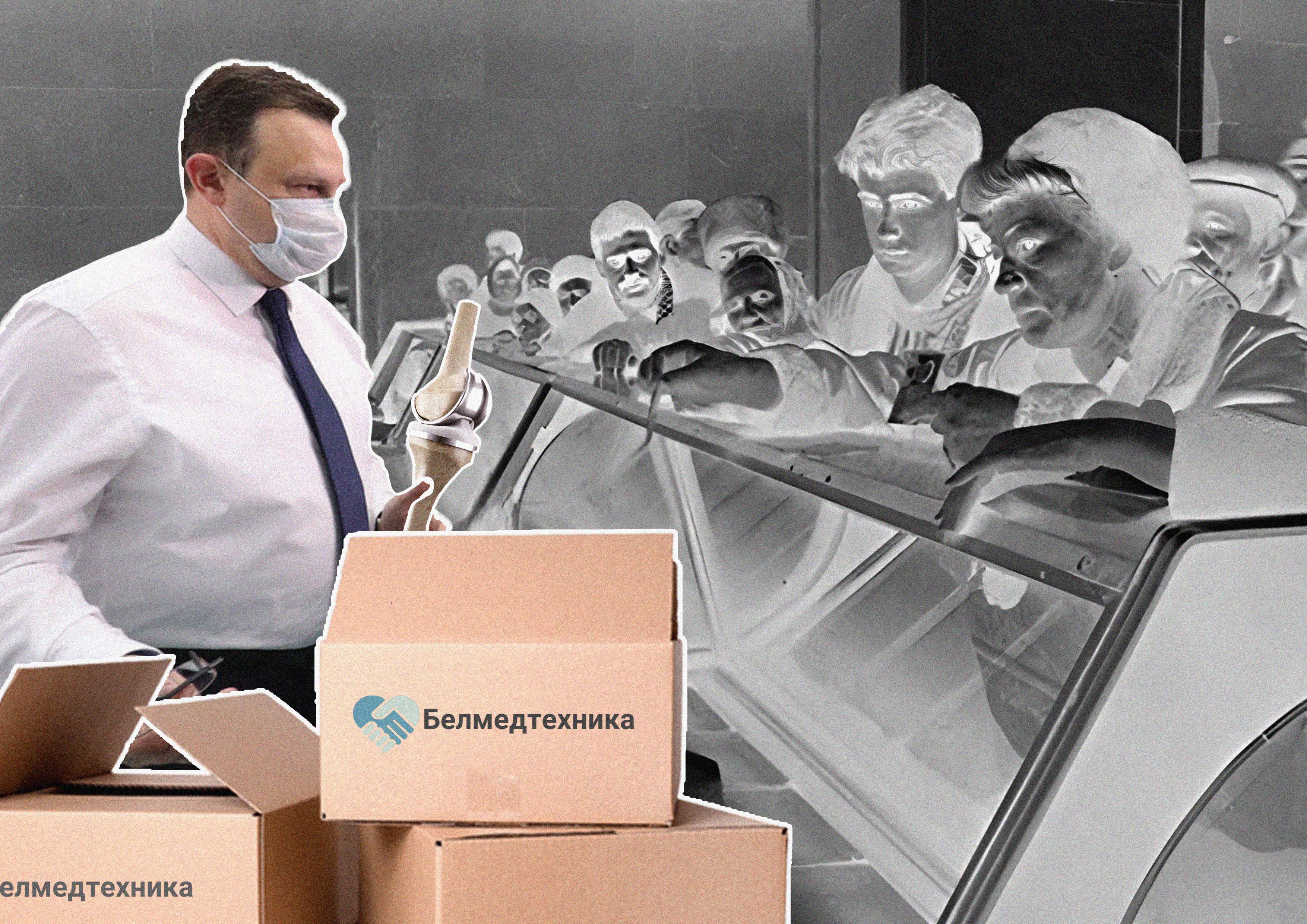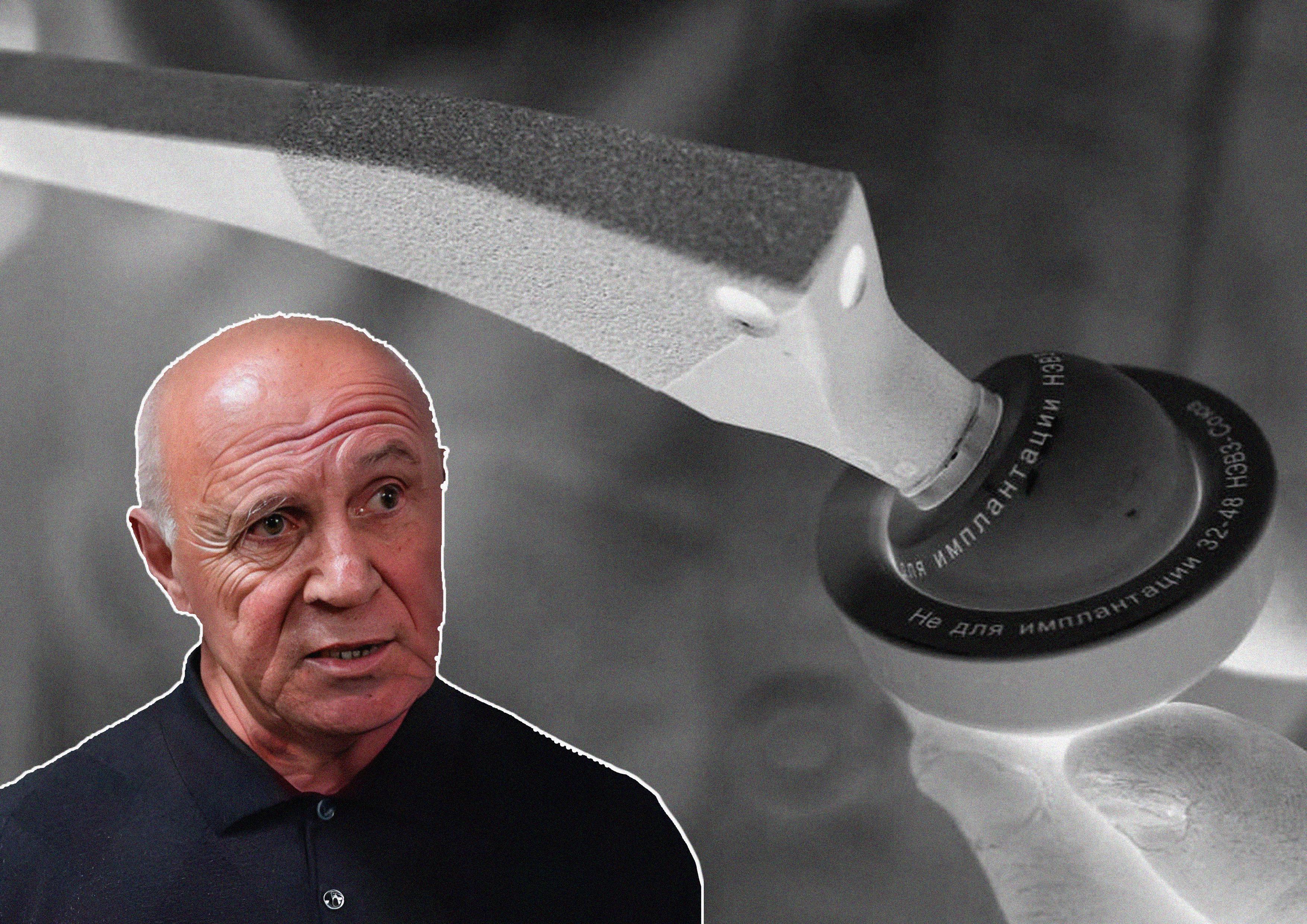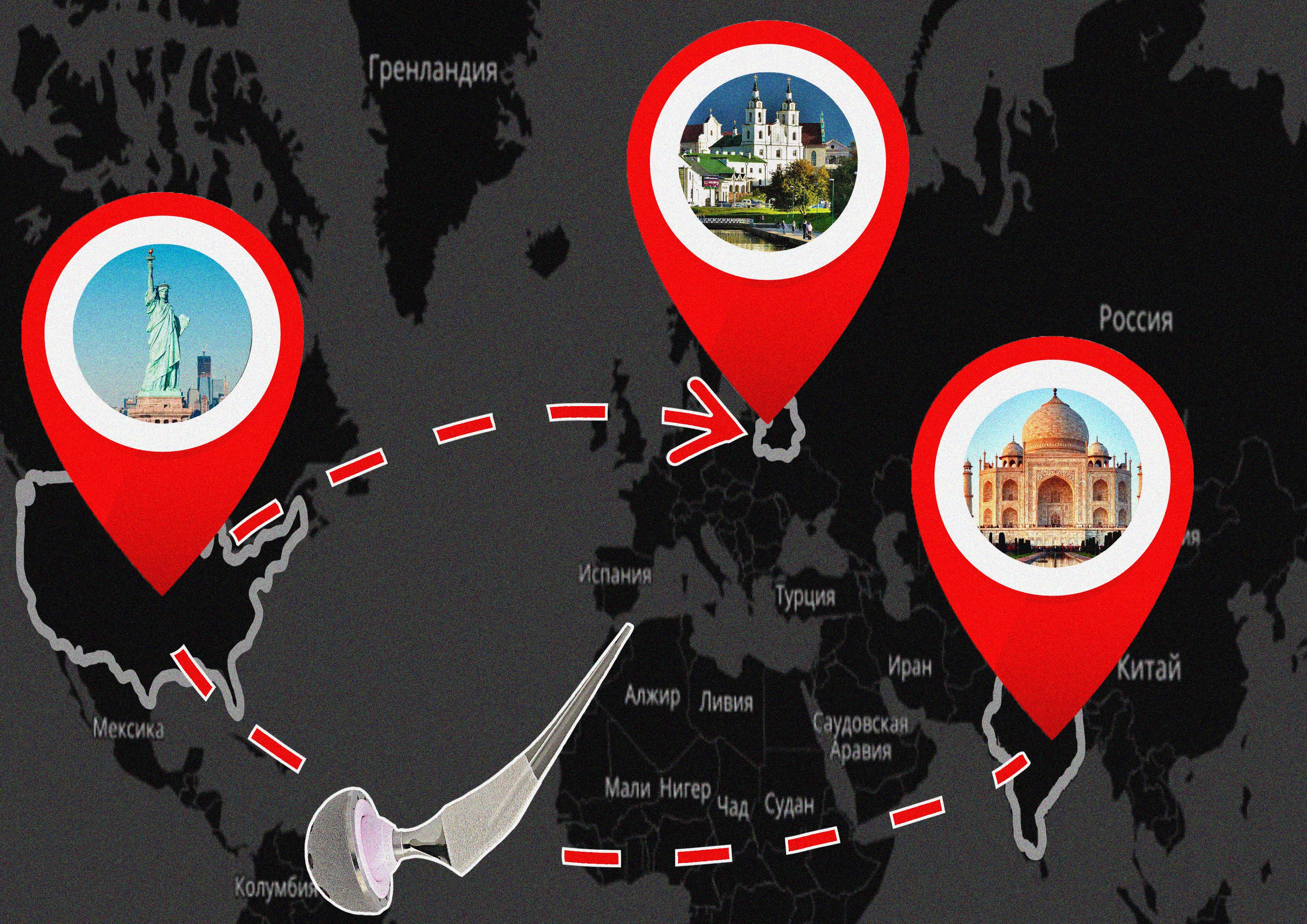Vitali Bely has two criminal records. One is related to the activities of one of his companies, Assomedika, located in the Great Stone Industrial Park.
In 2014–2016, he and the directors of the company sold goods of their own production to Belmedtekhnika that were actually imported products. In public procurement, they declared the right to apply a margin of preference, which gives a company an advantage. For example, it can be used by Belarusian manufacturers or companies where at least half of the employees are people with disabilities. [*]
Assomedika was also involved in other frauds. In 2015, the company established the production of medical products and equipment worth three million rubles without a special permit. [*]
In 2010, the company entered into an investment agreement under which goods were to be imported into Belarus without paying import customs duties and VAT. But Assomedika did not fulfill its obligations and had to pay customs duties without preferential terms. [*]
Assomedika was involved in a case before the Eurasian Economic Commission (EEC) in 2020 due to non-compliance with competition rules. The company received a fine.
Despite its reputation, Belmedtekhnika and its subsidiaries have been among Assomedika’s top customers in terms of purchase volume for the last three years. The same list includes the Minsk City Clinical Oncology Center. In most cases in 2023, purchases from Assomedika were made using a single-source procedure.
"Let’s say, when purchases from a single source take place for fairly standard products that can be supplied by a large number of suppliers, this always raises suspicions. We need to look at why procurements were carried out this way, but often there may be a corruption component in such procurements, because if there are several suppliers, there is no need to carry out the procurement procedure from a single source," Vladimir Kovalkin, head of Open Tenders, explained to us.
In January 2023, Belarus handed over to the Russian military at least five truckloads of personal first aid kits, which, according to Lukashenko, were "better than NATO ones". According to a video published by the Pul Pervogo telegram channel, the first aid kits were produced by Assomedika. The company website claims it to be a "leading manufacturer of medical supplies".
In a telephone conversation with a BIC journalist, Vitali Bely said that the company did not supply first aid kits anywhere: "This is absolutely false information."
He had no answer as to why his company’s name appeared on the boxes: "I don't know about that. Frankly... We are quite a big manufacturer not only in Belarus. I don’t know how it all got there in the first place."






